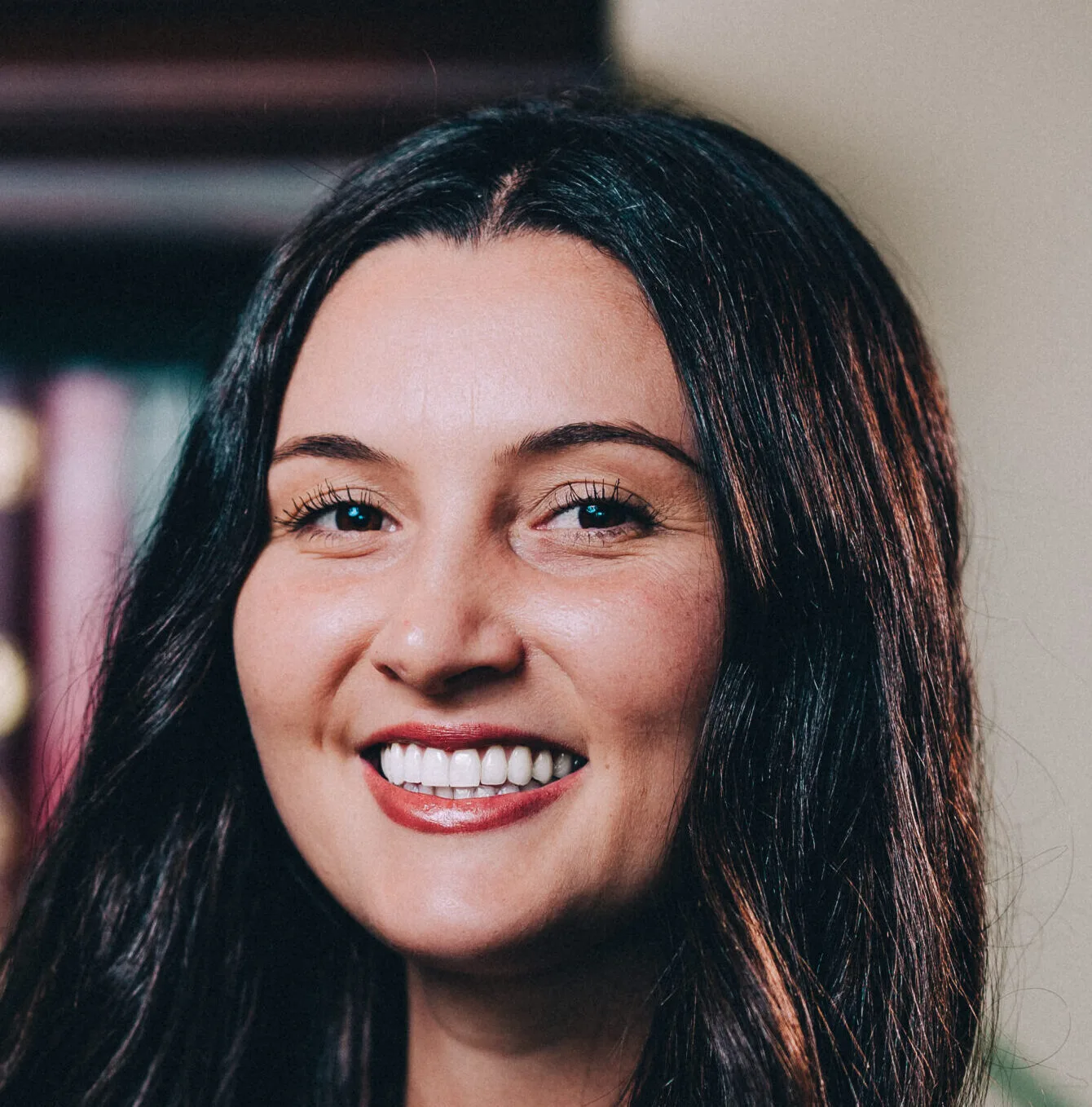In Hertz Corp. v. Auto Club Group, 50 Fla. L. Weekly D1970 (Fla. 3d DCA 2025), the Third
District Court of Appeal reversed a trial court’s dismissal of contract-based claims that were
wrongly blocked by prior rulings on unrelated negligence claims.
The case began with a man who rented a car from Hertz, lost the keys while jet skiing, and
triggered a tangled response chain. Hertz contacted American Automobile Association
(AAA), who engaged Auto Club Group (ACG), who in turn dispatched a local towing
company. That company claimed to have towed the vehicle but failed to do so. The car
remained on the roadside and was ultimately struck by a third-party driver, who
subsequently brought suit against Hertz, AAA, ACG, and the towing company for
negligence.
The trial court dismissed the negligence claims against AAA and ACG, ruling that under
the undertaker’s doctrine, they owed no legal duty to the plaintiff.
Following that dismissal, Hertz filed a third-party complaint against AAA and ACG. The
claims were based on an indemnification provision in Hertz’s contract with AAA and a claim
that Hertz was an intended third-party beneficiary under a contract between AAA and ACG.
AAA and ACG moved to dismiss again, this time arguing that the law of the case doctrine
barred these claims based on the earlier duty of care ruling in the negligence case.
The Third DCA disagreed and reversed the dismissal. The court explained that the law of
the case doctrine only governs subsequent proceedings on the same legal questions
actually decided. Since the original dismissal was based solely on tort law, whereas Hertz’s
claims arose from contract law (indemnity and third-party beneficiary), which
implicate different legal theories, the doctrine does not apply. As such, Hertz’s claims could
move forward despite the earlier negligence ruling.
Takeaway: When prior rulings are based in tort, they won’t necessarily bar
subsequent contract-based indemnity or contribution claims, even if they arise from the
same underlying facts. Always examine whether the dismissed claim and the new one rely
on distinct legal theories.
At Boatman Ricci, we help clients preserve downstream rights, even after initial dismissals.
Facing layered litigation with multiple defendants and contracts? Contact our team to
protect every angle.
* * * * * * * * * *
THIS BLOG IS INTENDED FOR GENERAL INFORMATION PURPOSES ONLY. IT DOES NOT CONSTITUTE LEGAL ADVICE. THE READER SHOULD CONSULT WITH KNOWLEDGEABLE LEGAL COUNSEL TO DETERMINE HOW APPLICABLE LAWS APPLY TO SPECIFIC FACTS AND SITUATIONS. BLOG POSTS ARE BASED ON THE MOST CURRENT INFORMATION AT THE TIME THEY ARE WRITTEN. SINCE IT IS POSSIBLE THAT THE LAWS OR OTHER CIRCUMSTANCES MAY HAVE CHANGED SINCE PUBLICATION, PLEASE CALL US TO DISCUSS ANY ACTION YOU MAY BE CONSIDERING AS A RESULT OF READING THIS BLOG.

